
The Greenhouse Gas Protocol supplies the world’s most widely used accounting standards and tools for companies to measure and control their GHG emissions. ALT Technologies strives to release net zero CO2 emissions into the atmosphere by 2030. To apply these principles, we implement the Greenhouse Gas Protocol’s scopes 1 and 2 and some of scope 3’s targets.
Within the Scope 1 target, we aim to reduce heating energy output using renewable sources. Incorporating Scope 2 targets involves clean, low-carbon technology investments and energy efficiency. With the Scope 3 targets, we aim to reduce material waste and, in collaboration with our suppliers, lower CO2 emissions for purchased goods.
Our calculations align with the ISO 14067:2018 standard and have been critically reviewed by a third party, Ernst & Young Denkstatt GmbH.

Calculating GHG emissions on the company level is a critical step in initiating ALT’s climate transformation. However, by measuring the Green House Gas emissions at a product level, we can get an even better view of what can be improved in the value chain.
The “product carbon footprint” (PCF) is one of the most effective methods to determine the climate impact of products. It considers the greenhouse gas emissions generated throughout a product’s life cycle (from raw material extraction to the end of the finished product’s life). It is expressed in “CO2 equivalents” (“CO2e”).
A PCF not only helps ALT understand its footprint but also provides much-needed transparency and complete traceability so that we can begin to truly optimise our products by including the entire value chain.
To meet the ambition of net-zero GHG emissions across the supply chain by 2030, companies must conduct business with suppliers willing to transform how they conduct their business. Working on CO2 product transparency allows manufacturers to find out if suppliers are indeed a fit in terms of environmental impact and, thus, helps them carefully choose suppliers with similar sustainability principles.
Moreover, a PCF and its implications often lead to working closely with suppliers on improvement projects such as alternative Low Emission materials, packaging, etc. This strengthens the bonds in the supply chain, which can lead to significant synergy effects.
PCFs of our products produced at ALT Utrecht, NL can be requested. We are currently gathering the information to create PCFs for products produced at our other facilities, which will be available soon. Please get in touch with your local account manager for more information.